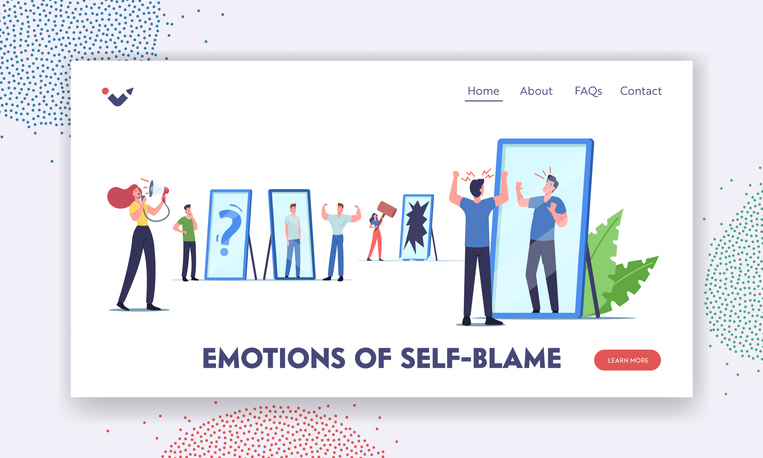Living with Chronic Pain
Tips for Dealing With Self-Blame for Chronic Pain
Source: Healthline

13 people found this helpful
Print
Share
Save
The experience of living with chronic pain often comes with blame or guilt. Individuals may assign blame to themselves or believe they deserve the pain. Self-blame may result from thinking that certain lifestyle choices caused the chronic pain. However, the truth is that chronic pain frequently results from various factors, many outside your control.
Self-blame increases emotional distress and should be limited as much as possible. Four tips for managing self-blame for chronic pain include the following:
- Remember, there are many aspects of life you cannot control. From minor disappointments to major losses, there are many things in life no one can control, including chronic pain. Engaging in self-blame intensifies the negative emotions surrounding chronic pain and prevents you from moving forward with self-compassion.
- Remind yourself that no one deserves chronic pain. Blaming yourself for your chronic pain leads you to be less likely to stick to treatments or take care of yourself, which increases pain. You should focus on the fact that you deserve treatment for your pain and are worth the time and effort it takes to care for yourself.
- Accept the fact that you are doing your best. Self-blame often occurs when you feel that you should have done something differently in the past. Since the past cannot be changed, placing this kind of blame is a pointless endeavor. Instead, remind yourself that you did the best you could with the resources you had. Focus on doing the best you can in the present moment with the resources you have now. No one is perfect, and no one should expect themselves to do more than their best.
- Talk to a mental health professional. If self-blame is severe or long-lasting, you should speak with a counselor or therapist. There are strategies that can help reframe negative thinking and cope with emotions surrounding self-blame and chronic pain.
Additional sources: Psychology Today, MultipleSclerosis.net, and The Mighty

















